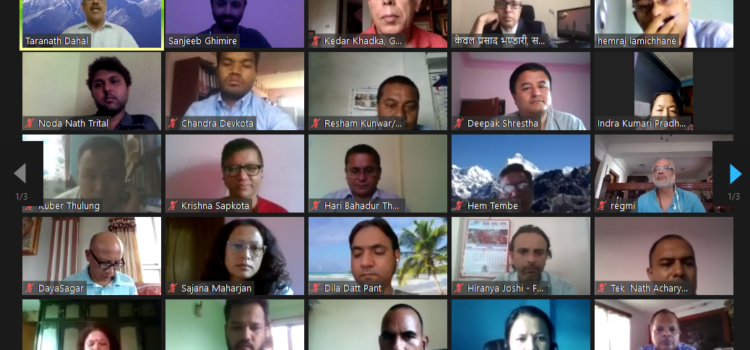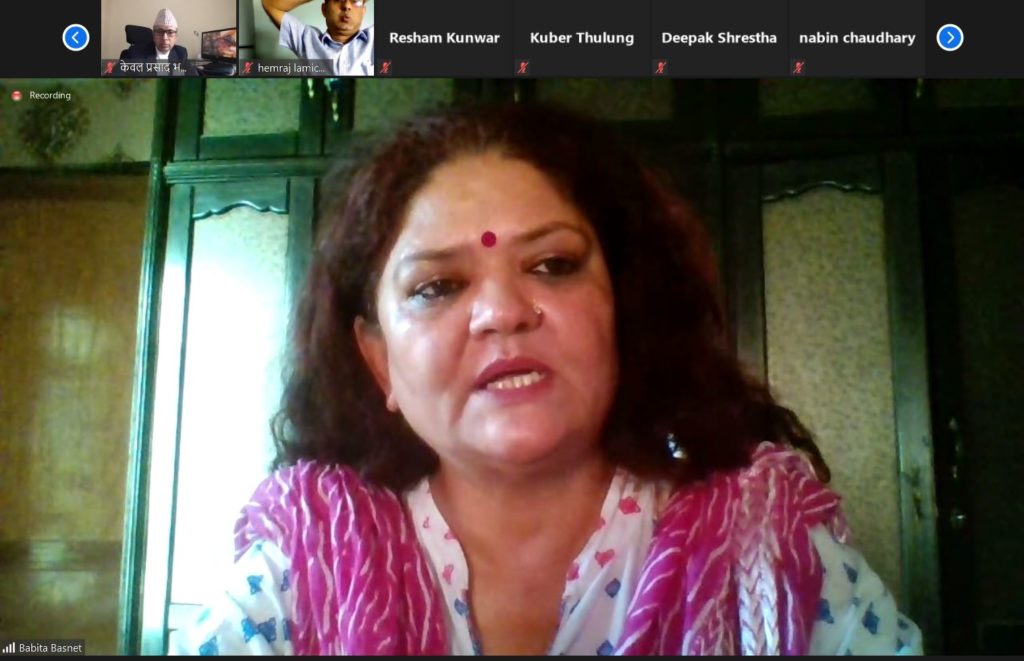Reforms in budget transparency and citizen engagement and oversight in the budgetary process of the country has been stressed for the effective and efficient mobilization of public resources.
The experts addressing a virtual dialogue on ‘Fiscal openness practices, challenges and opportunities in Nepal’ made such observation. At the event organized by Freedom Forum on August 30, the keynote speaker and Secretary at the National Planning Commission (NPC) Kewal Prasad Bhandari said, “There are several rooms for reforms in public financial management system of the country with budget transparency score of 41/100 in the Open Budget Survey (OBS-2019).”
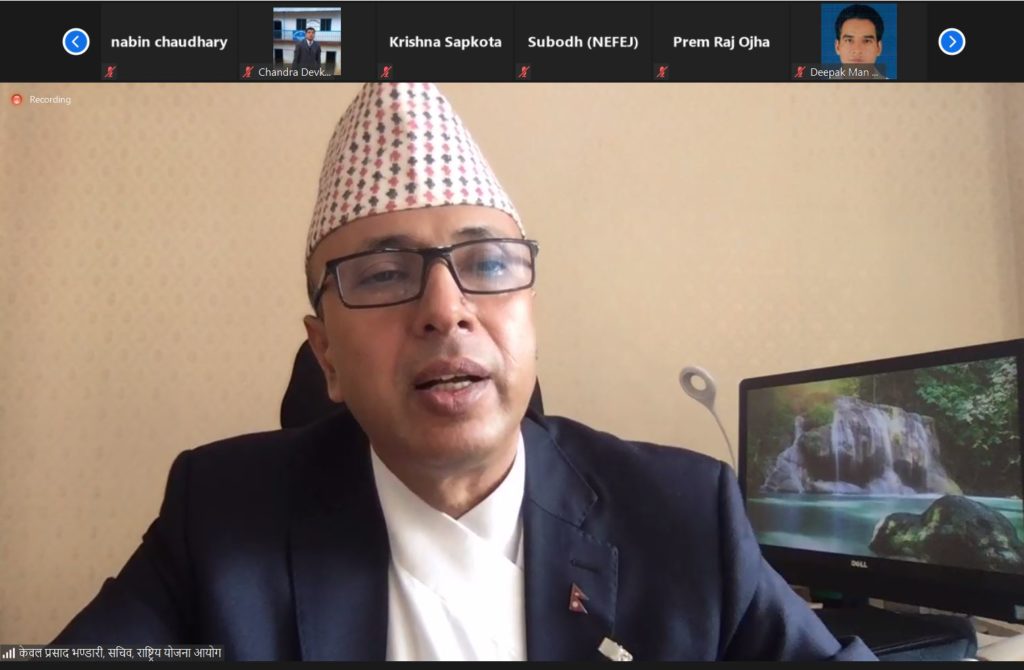
He underscored the openness of budgetary systems of the country while noting that Nepal has a public participation score of 22/100 and a composite oversight score of 48/100,
“Relationship between public institutions and the people meant to be served could be strengthened by ensuring transparency in budget planning and implementation”, he said, hoping it helps decision-makers prioritize the use of scarce public funds.
Moreover, Bhandari mentioned that fiscal transparency bears significance for effective fiscal management and accountability, knowing accurate pictures of their finances including the costs and benefits of policy changes and potential risks of public finances and improving the reliability of the country’s fiscal plans.
In reference to Nepal’s OBS-report, he stressed the availability of budget documents and information in a timely and comprehensive manner and production of a pre-budget statement and a citizen budget in the internationally-accepted standards. “In order to improve budget oversight by parliament, the legislative committee should examine the budget proposal and publish the report with their analysis”, he recommended.
CSOs can press govt for robust monitoring practice
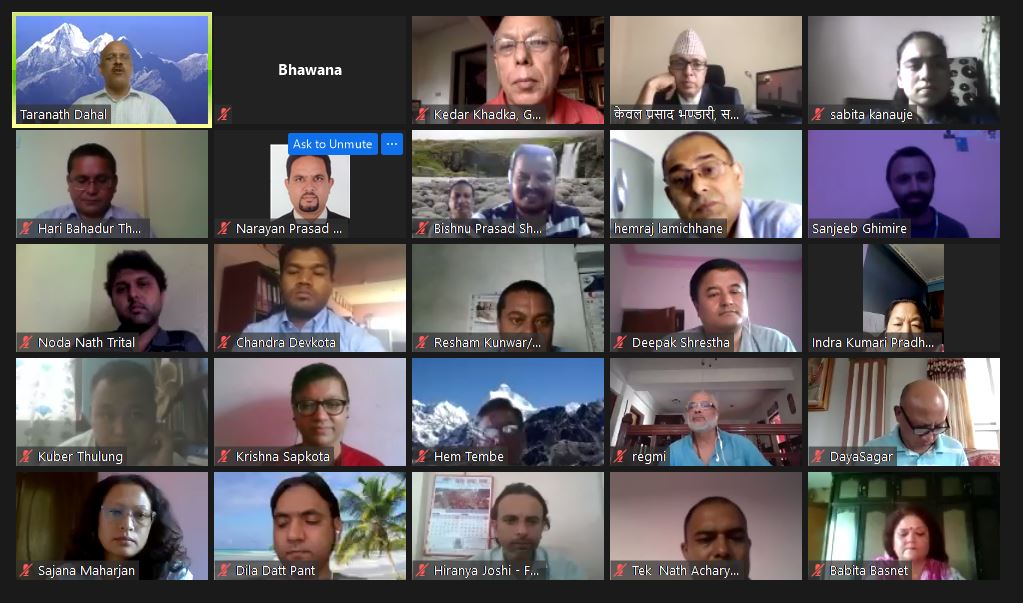
Similarly, Acting Auditor General Sukadev Khatry pointed out the gaps in flow of critical budgetary information limiting citizen engagement in the budgetary process. Khatry viewed that the Civil Society Organizations (CSOs) could press the government to place strong monitoring practices in raising revenues curbing leakages.
Transparency advocate Raghav Raj Regmi also called for CSOs to undertake independent budget analysis and evaluation to find out accountability weaknesses in the budgetary process. CSOs should carry out study to establish evidence on the budgetary flow and spending, according to him.
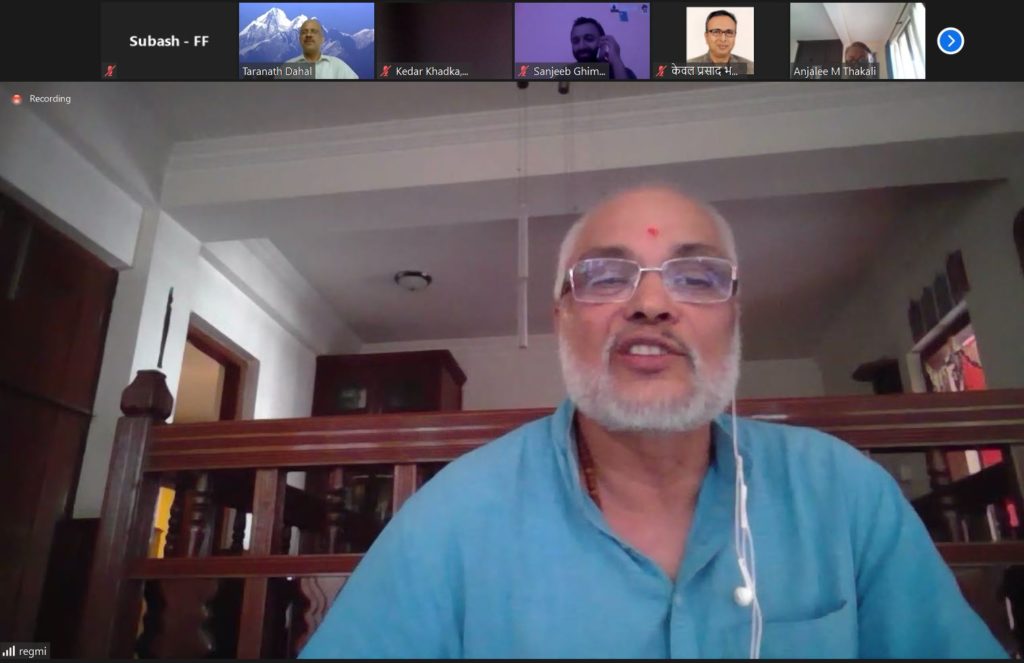
SUSASAN Project team leader Hem Tembe stressed the identification of area for civic engagement in the development and governance process at local level and advocacy for new law and policy for widening the space based on the empirical evidence. “Ward is the authorized mechanism for initiating the planning process, so capacity building interventions should also be designed targeting people’s representatives there. It helps ensure effective planning and implementation,” he observed.
Moreover, climate finance expert Madhukar Upadhyay pointed out the need of more transparent and accountable spending of public money when the post-COVID-19 situation of the country seems to dent heavily the revenue resources, mainly remittance and tourism. “Development of citizen budget of every sector is imperative to help spend the scarce public money in an efficient way”, he said, urging the CSOs to question prevailing unauthorized expenditure.
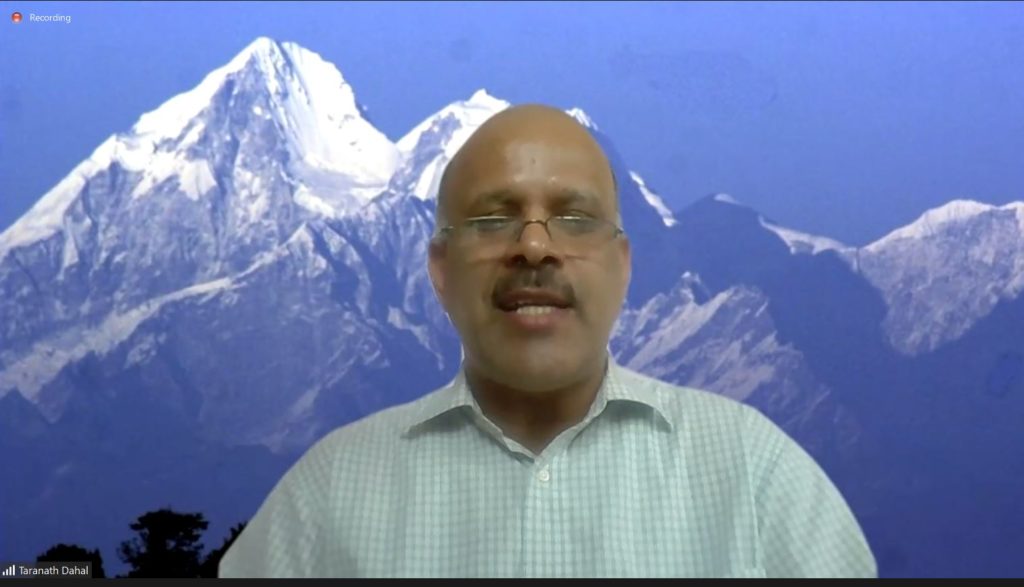
Freedom Forum Executive Chief and OBS researcher Taranath Dahal stressed the need of CSO working groups for continuous analysis of budgets and advocacy for forwarding budget openness reforms so that country’s dream of open and accountable governance could be realized.
Taking part in the discussion, Media Advocacy Group’s Executive Director Babita Basnet suggested that the budget transparency narratives could be reached to the grassroots level as it has the power to transform people’s lives.
Various other speakers including Anjali Thakali from the World Bank, Sajana Maharjan from The Asia Foundation, OBS researcher Krishna Sapkota, Tanka Aryal from FHI360, Kedar Khadka from GoGo Foundation, PFM expert Krishna Awasthi, Dila Dutta Pant from Parliament Support Programme/UNDP, open budget researcher Anirudra Neupane, political scientist Sanjeeb Ghimire, Deepak Shrestha from SOLVE-Nepal, Right to Information campaigner Nodanath Trital and accountability activist Posta KC shed light on setting up independent fiscal institution for continuing routine studies on budgetary affairs and also coordinating citizens’ inputs throughout the budget ecosystem.

